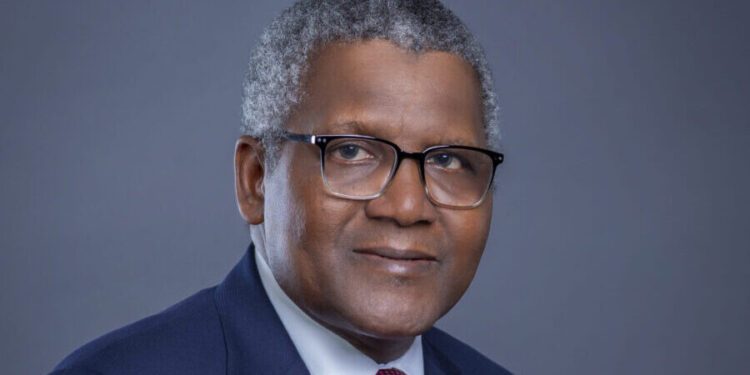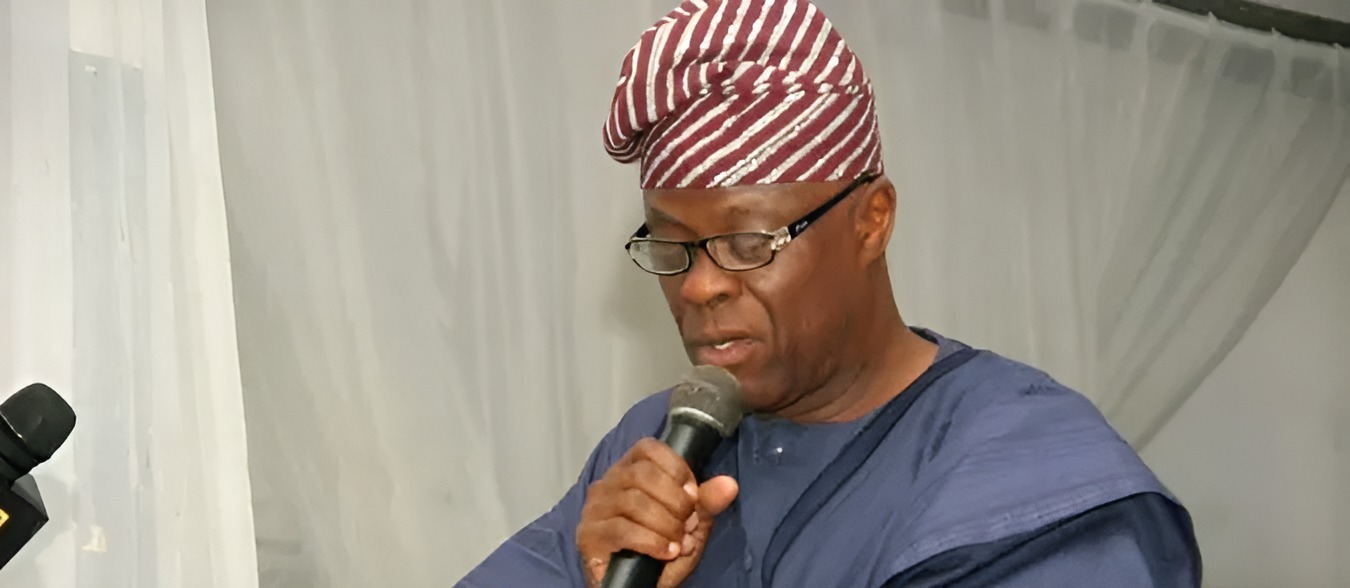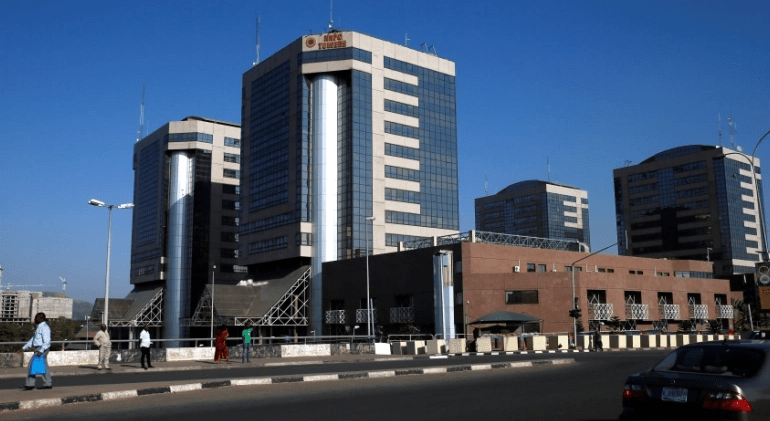GDP: Govs Back FG’s $100 Billion Creative Economy Target By 2030
GDP: Govs Back FG’s $100 Billion Creative Economy Target By 2030
Chuks Okocha and Oghenevwede Ohwovoriole in Abuja
Nigerian governors have announced their support for the federal government’s aspiration of adding $100 billion to the country’s Gross Domestic Product (GDP: Govs Back FG’s $100 Billion Creative Economy Target By 2030
Chuks Okocha and Oghenevwede Ohwovoriole in Abuja
Nigerian governors have announced their support for the federal government’s aspiration of adding $100 billion to the country’s Gross Domestic Product (GDP) through its largely unexplored creative economy potential by 2030.
Specifically, the federal government said it aims to grow the contribution of arts, culture, tourism, and the creative economy to the GDP in the next five years, with a target of over 3 million jobs.
In a communiqué signed by the Chairman of the Nigeria Governors’ Forum (NGF), AbdulRahman AbdulRazaq, after a meeting late Wednesday in Abuja, the governors pledged full support for the federal initiative, describing it as vital to enhancing the growth of Nigeria’s creative economy and tourism sectors.
The governors outlined key initiatives, including the $200 million Creative Economy Development Fund (CEDF), the $1 billion Creative and Tourism Infrastructure Corporation, and landmark projects such as the Lagos Arena, Abuja Creative City, and Renewed Hope Cultural Villages as critical to the realisation of these goals.
The communiqué, read by the Gombe State Governor, MuhammaduYahaya, noted that the presentation was received from the Minister of Arts, Culture, Tourism and Creative Economy, Hannatu Musawa, represented by Mr. Obi Asika, Director General of the National Council for Arts and Culture.
“The forum received a presentation from the Minister of Arts, Culture, Tourism and Creative Economy, Hannatu Musawa, represented by Mr. Obi Asika, Director-General of the National Council for Arts and Culture. The roadmap targets a GDP contribution of $100 billion by 2030 and the creation of over three million jobs.
“Other key initiatives include the $200 million Creative Economy Development Fund, the $1 billion Creative and Tourism Infrastructure Corporation, and projects such as the Lagos Arena, Abuja Creative City, and Renewed Hope Cultural Villages,” part of the communiqué noted.
The 36 governors commended the reforms to strengthen intellectual property, expand tourism, and elevate Nigeria’s global presence, resolving to collaborate through state creative economy desks, co-created festivals, and adoption of the ‘Naija Season’ platform.
The Federal Executive Council (FEC) recently approved the establishment of the Creative and Tourism Infrastructure Corporation under a Public-Private Partnership (PPP) model. The corporation is expected to drive investments, unlock the industry’s potential, and position Nigeria’s creative and tourism sectors for global competitiveness.
The federal government emphasised that Nigeria’s abundant creative talents, combined with technology, art, culture, and tourism, would serve as powerful tools for economic growth and global influence.
Besides, the forum commiserated with the Kogi state Governor, UsmanOdodo, over the passing of his father, Pa Ahmed Ododo, who died at 83. A minute of silence was observed in his honour.
Meanwhile, the Minister of Communications, Innovation and Digital Economy, Dr. Bosun Tijani, has disclosed that Nigeria’s digital economy will contribute 21 per cent to GDP by 2030, from the current 14.19 per cent.
The minister who was was represented by the Permanent Secretary, Ministry of Communications, Innovation and Digital Economy, Mr. Adeladan Rafiu, made the disclosure in Abuja yesterday during the Federal Capital Territory (FCT) National Digital Economy and e-Governance Bill stakeholders’ engagement.
Tijani said: “In quarter one of 2025, the digital economy contributed approximately N7 trillion to our real GDP, accounting for 14.19 per cent of Nigeria’s N49.34 trillion GDP. This is highly remarkable. Currently, the sector contributes 16 -18 per cent of GDP, with clear strategies to place it in place to increase this to 21 per cent by 2030.”
On the importance of the bill, he said it seeks to establish a robust legal and regulatory framework that will guide the implementation of digital governance in Nigeria and ensure the solid legal foundation required to drive digital identity, aid governance, and overall decision-making for Nigeria.
In his remarks, the Director General, National Information Technology Development Agency (NITDA), Kachifu Abdullahi, said a legal and institutional framework for the national digital economy was being built.
“This will accelerate digitisation of the Nigerian economy, when all government services are digital, and also the government is building infrastructure to connect the unconnected. The government is doing a lot in digital literacy to educate our citizens to develop their digital fluency, so everyone will be part of it. And that will deepen financial inclusion as well,” Abdullahi stated.
The National Commissioner of Nigerian Data Protection Commission (NDPC), Dr. Vincent Olatunji, in his goodwill message noted that the digital economy sector was the most consistent in growth.
“I stand to be corrected. I’m not sure of any other sector where there is consistent progress in a particular sector and contributing highly to the growth of our economy,” he said.
The Director General, Galaxy Backbone (GBB), Prof. Ibrahim Adeyanju said: “You can’t talk of a digital economy without a digital infrastructure and that’s where Galaxy Backbone comes in. The government has invested a lot in terms of infrastructure and those infrastructure are there to support the digital economy.”) through its largely unexplored creative economy potential by 2030.
Specifically, the federal government said it aims to grow the contribution of arts, culture, tourism, and the creative economy to the GDP in the next five years, with a target of over 3 million jobs.
In a communiqué signed by the Chairman of the Nigeria Governors’ Forum (NGF), AbdulRahman AbdulRazaq, after a meeting late Wednesday in Abuja, the governors pledged full support for the federal initiative, describing it as vital to enhancing the growth of Nigeria’s creative economy and tourism sectors.
The governors outlined key initiatives, including the $200 million Creative Economy Development Fund (CEDF), the $1 billion Creative and Tourism Infrastructure Corporation, and landmark projects such as the Lagos Arena, Abuja Creative City, and Renewed Hope Cultural Villages as critical to the realisation of these goals.
The communiqué, read by the Gombe State Governor, MuhammaduYahaya, noted that the presentation was received from the Minister of Arts, Culture, Tourism and Creative Economy, Hannatu Musawa, represented by Mr. Obi Asika, Director General of the National Council for Arts and Culture.
“The forum received a presentation from the Minister of Arts, Culture, Tourism and Creative Economy, Hannatu Musawa, represented by Mr. Obi Asika, Director-General of the National Council for Arts and Culture. The roadmap targets a GDP contribution of $100 billion by 2030 and the creation of over three million jobs.
“Other key initiatives include the $200 million Creative Economy Development Fund, the $1 billion Creative and Tourism Infrastructure Corporation, and projects such as the Lagos Arena, Abuja Creative City, and Renewed Hope Cultural Villages,” part of the communiqué noted.
The 36 governors commended the reforms to strengthen intellectual property, expand tourism, and elevate Nigeria’s global presence, resolving to collaborate through state creative economy desks, co-created festivals, and adoption of the ‘Naija Season’ platform.
The Federal Executive Council (FEC) recently approved the establishment of the Creative and Tourism Infrastructure Corporation under a Public-Private Partnership (PPP) model. The corporation is expected to drive investments, unlock the industry’s potential, and position Nigeria’s creative and tourism sectors for global competitiveness.
The federal government emphasised that Nigeria’s abundant creative talents, combined with technology, art, culture, and tourism, would serve as powerful tools for economic growth and global influence.
Besides, the forum commiserated with the Kogi state Governor, UsmanOdodo, over the passing of his father, Pa Ahmed Ododo, who died at 83. A minute of silence was observed in his honour.
Meanwhile, the Minister of Communications, Innovation and Digital Economy, Dr. Bosun Tijani, has disclosed that Nigeria’s digital economy will contribute 21 per cent to GDP by 2030, from the current 14.19 per cent.
The minister who was was represented by the Permanent Secretary, Ministry of Communications, Innovation and Digital Economy, Mr. Adeladan Rafiu, made the disclosure in Abuja yesterday during the Federal Capital Territory (FCT) National Digital Economy and e-Governance Bill stakeholders’ engagement.
Tijani said: “In quarter one of 2025, the digital economy contributed approximately N7 trillion to our real GDP, accounting for 14.19 per cent of Nigeria’s N49.34 trillion GDP. This is highly remarkable. Currently, the sector contributes 16 -18 per cent of GDP, with clear strategies to place it in place to increase this to 21 per cent by 2030.”
On the importance of the bill, he said it seeks to establish a robust legal and regulatory framework that will guide the implementation of digital governance in Nigeria and ensure the solid legal foundation required to drive digital identity, aid governance, and overall decision-making for Nigeria.
In his remarks, the Director General, National Information Technology Development Agency (NITDA), Kachifu Abdullahi, said a legal and institutional framework for the national digital economy was being built.
“This will accelerate digitisation of the Nigerian economy, when all government services are digital, and also the government is building infrastructure to connect the unconnected. The government is doing a lot in digital literacy to educate our citizens to develop their digital fluency, so everyone will be part of it. And that will deepen financial inclusion as well,” Abdullahi stated.
The National Commissioner of Nigerian Data Protection Commission (NDPC), Dr. Vincent Olatunji, in his goodwill message noted that the digital economy sector was the most consistent in growth.
“I stand to be corrected. I’m not sure of any other sector where there is consistent progress in a particular sector and contributing highly to the growth of our economy,” he said.
The Director General, Galaxy Backbone (GBB), Prof. Ibrahim Adeyanjusaid: “You can’t talk of a digital economy without a digital infrastructure and that’s where Galaxy Backbone comes in. The government has invested a lot in terms of infrastructure and those infrastructure are there to support the digital economy.”
The post GDP: Govs Back FG’s $100 Billion Creative Economy Target By 2030 appeared first on THISDAYLIVE.
Chuks Okocha and Oghenevwede Ohwovoriole in Abuja Nigerian governors have announced their support for the federal government’s aspiration of adding $100 billion to the country’s Gross Domestic Product (GDP: Govs Back FG’s $100 Billion Creative Economy Target By 2030
The post GDP: Govs Back FG’s $100 Billion Creative Economy Target By 2030 appeared first on THISDAYLIVE.




